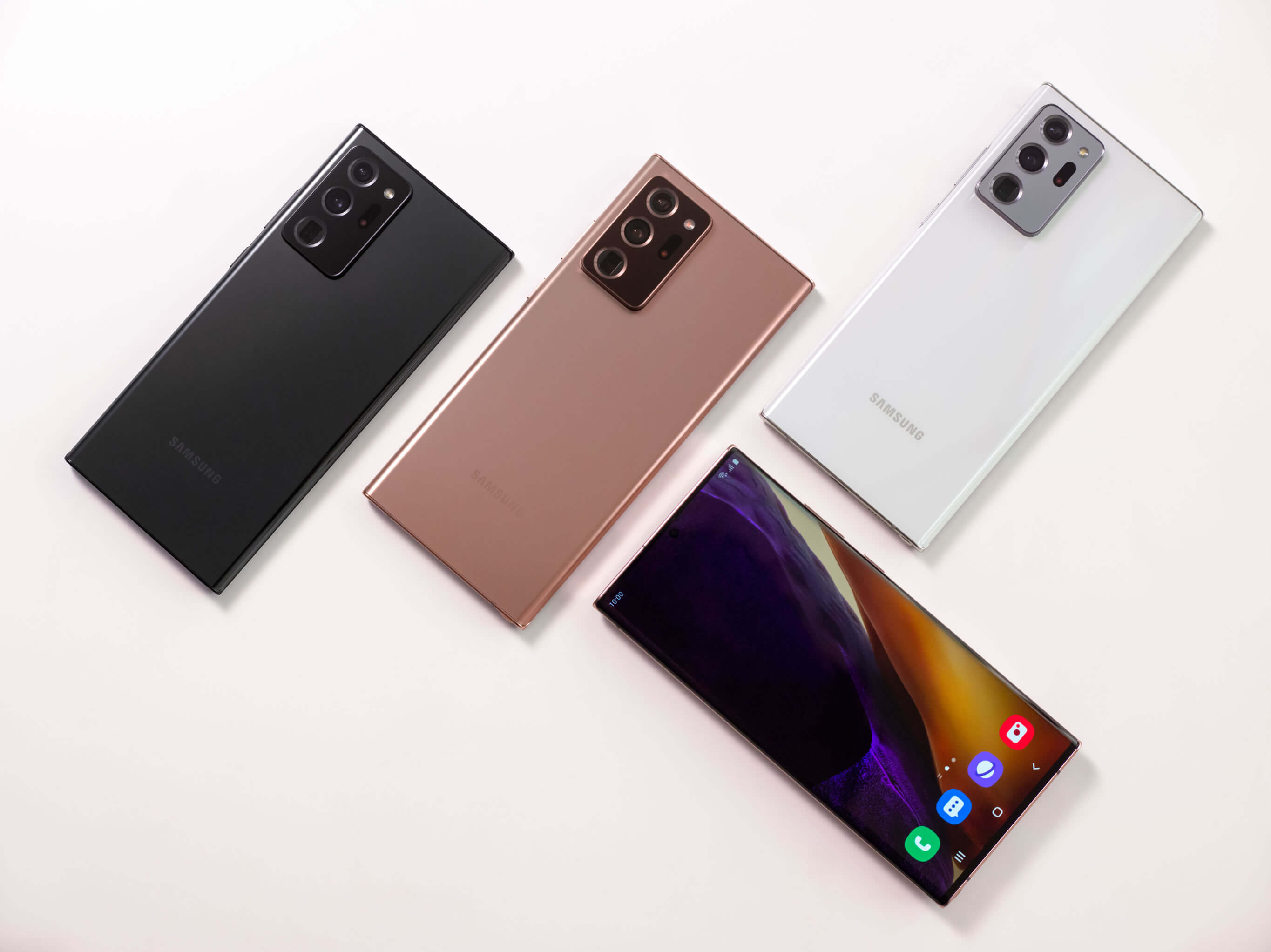Bottom line: Google has been trying to solve Android fragmentation for years, going as far as publicly shaming manufacturers that wouldn't support their phones for at least two years. Samsung has promised to break free of that habit, and its new update policy will now extend to lower-priced phones and tablets.
Samsung announced a slew of new Galaxy devices at its Unpacked event earlier this month, including the Galaxy Note 20 and Galaxy Z Fold 2 smartphones. At the time, the company promised it would start supporting its phones for at least three years, in an effort to match Google Pixel devices' software update policy.
Then today the mobile tech giant reaffirmed that promise, which will apply not only to S, N, and Z series of phones, but also budget-minded A-series phones like the Galaxy A51 and Galaxy A71.
The new list of eligible devices is as follows:
-
Galaxy S series: Galaxy S20 Ultra 5G, S20 Ultra, S20+ 5G, S20+, S20 5G, S20 in addition to S10 5G, S10+, S10, S10e, S10 Lite and upcoming S series devices
-
Galaxy Note series: Galaxy Note20 Ultra 5G, Note20 Ultra, Note20 5G, Note20, Note10+ 5G, Note10+, Note10 5G, Note10, Note10 Lite and upcoming Note series devices
-
Galaxy Foldable devices: Galaxy Z Fold 2 5G, Z Fold 2, Z Flip 5G, Z Flip, Fold 5G, Fold and upcoming Z series devices
-
Galaxy A series: Galaxy A71 5G, A71, A51 5G, A51, A90 5G and select upcoming A series devices
The same update policy will apply to Samsung Tab S6 and Tab S7 tablets.
Samsung has committed to three OS upgrades starting with Android 11 that will land later this year. It's hard to predict if these updates will be as timely as you get with Pixels, but this is a clear response to Google who extended the same level of support for budget devices like the Pixel 4a.
Samsung's new update policy reflects the longer upgrade cycles observed in the smartphone industry. Many consumers hold onto their phones for longer than they used to, and this trend is likely to continue as a result of the economic downturn. Not to mention, it is more than deserving on expensive devices like the Samsung Galaxy Z Fold 2 and Microsoft Surface Duo which cost well north of $1,000.
